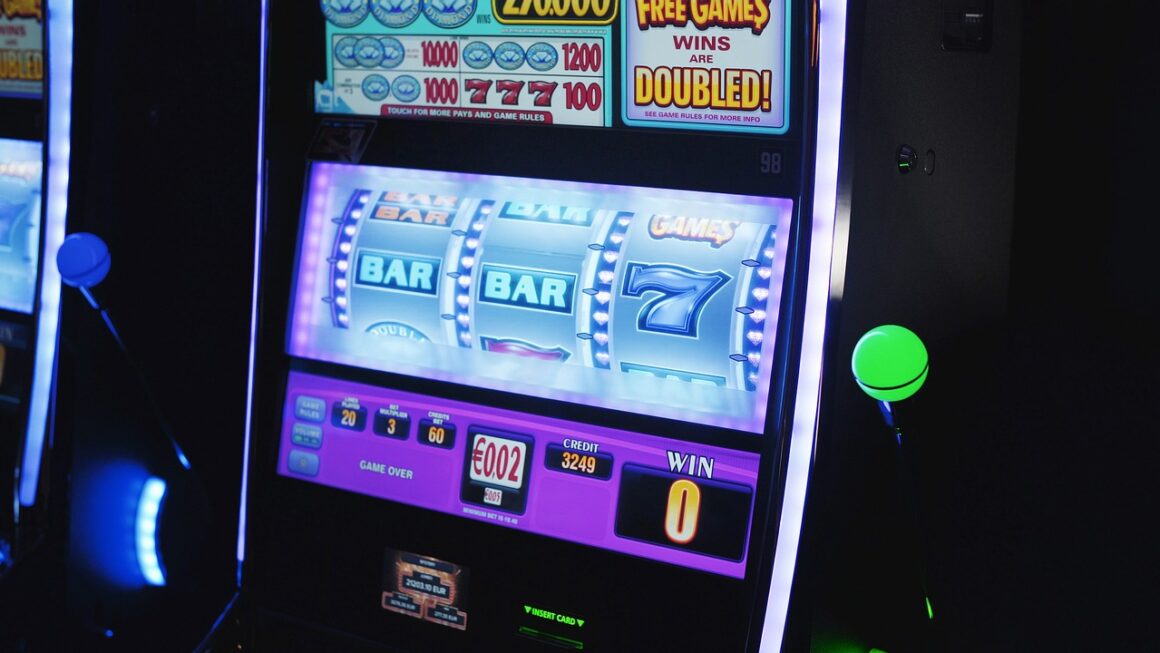
In a world overrun by memes, it can be difficult to find any sense of sincerity and genuine awareness of issues in our society. Social media has the potential to make a difference and educate those who maybe don’t know too much about world affairs or current events. Nevertheless, platforms like Twitter undoubtedly provide us with some of the funniest content unavailable anywhere else. With the rise of internet comedy based on insulting others (e.g. roasting, clapbacks, etc.) comes a question of morality: where do we draw the line?
As someone who constantly retweets funny clapbacks, it takes a lot for me to sit back and think about the real meaning behind some of these “harmless jokes.” However, as harmless as they may seem, the concept is what creates an issue.
How can you find humor in publicly bringing others down?
The question at hand sparks an interesting conversation that has to be brought up sooner or later. Social media acts as a safe barrier that users can hide behind where their “trigger fingers turn to twitter fingers” à la Drake. The purpose of this is to motivate thought within our nation’s teens, who have the power to influence the way we use social media. The truth is our society praises people for being “petty” and “savage” since it is viewed from a comedic perspective. It’s now become socially acceptable to completely obliterate someone with demeaning remarks and pass it off as “dragging.” What’s worse is that we see “Twitter beef” as a natural occurrence and even a form of entertainment.
Twitter beef is all about convincing the other person you care the least but in the end you’re both just typing mean things on your phones
— Christine Sydelko (@csydelko) November 30, 2016
Upon seeing a hateful but amusing tweet, we retweet it, hoping to grace our followers with a good laugh and move on with our lives. We overlook the malicious intent and focus on what we find comical. It’s a shame that so many people take pride in being “petty” considering the state of our society. We would rather have parties to celebrate celebrities being “over” than use the platform to engage users in a positive and beneficial way for all audiences. When we find a way to do this, only then are we able to move forward, not as a culture that encourages slandering one another but one capable of making truly harmless jokes worth retweeting.




